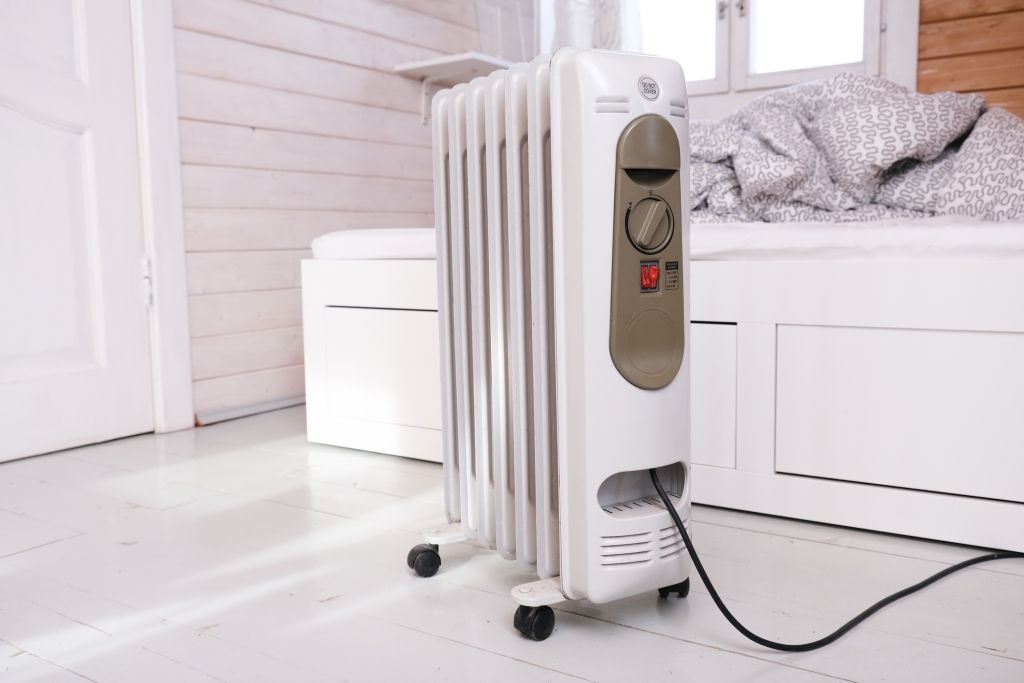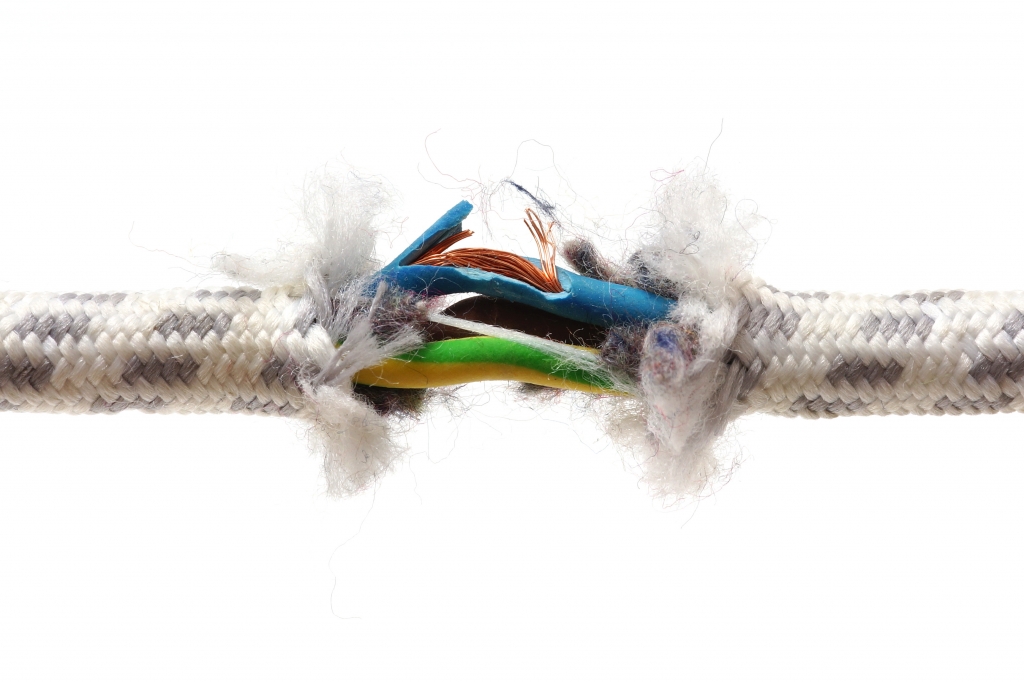In comes winter, out come the electrical appliances that keep you warm. To avoid the dangers of faulty electrical appliances in winter you need to do some checking.
No doubt you have many appliances to help you stay warm in the cooler months but the question is, how safe are they?
If they haven’t been used for 6 months, then assuming they’re okay to use is the first mistake. You can never be too careful when it comes to electricity.
Taking a look at each item individually is an important step to determine the level of safety you have in your home and workplace. The problem with plugging it in to find out is, if the appliance is faulty, you’ll put yourself at risk when you try to check. So how do you get around that?
What electrical appliances do you need to pay special attention to?
The short answer is all of them. There are however, many appliances you’ll use in winter than you won’t use any other time of the year, so you need to pay special attention to these.
If they’ve been in storage, and someone has gone hunting through storage at some stage looking for something, the items may have been knocked, tugged at, pulled to one side, and damaged in the process. This is not uncommon.
All electrical appliances need to be checked before the start of winter, including:
- Portable electric heaters
- Electric blankets
- Hair dryers
- Heated towel rails
- Power points, cables and extension leads
- RCDs
The reason the last two items are listed because your appliance will be drawing power through the power points, the extension leads and the RCDs. These can develop faults as well.

Is your portable electric heater working properly?
A portable electric heater is a very handy little device for the home and office during winter. You probably haven’t used it for 6 months so you need to do a check.
- Is the electrical chord frayed or in good condition
- Is it dusty, needing cleaning?
- Is the on off switch operating properly?
- Is the temperature control dial or switch working properly?
It’s essential to check that it’s functioning properly to avoid electrical shock and the risk of fire.
Is the electric blanket in proper working order?
The dangers of faulty electrical appliances in winter can’t be stressed enough. If you’re thinking ‘it won’t happen to me’, you’re putting yourself at risk. Do you really want to do that, especially when it comes to appliances such as an electric blanket?
If you have an electric blanket, it will be another thing you bring out of the cupboard in winter. Hopefully it was stored correctly by loosely rolling up and not folding.
Things to check include:
- The chord is not frayed or damaged
- It doesn’t overheat
- It wasn’t damaged if it was folded poorly and put away in storage
By being proactive, you can avoid the risk of fire or electric shock.
Is your hair dryer ready for extra use in winter?
As you’ll already know, it’s much harder to dry things in winter. This includes your hair. During winter the hair dryer is going to be working overtime. Being an electrical appliance you use in the bathroom, you need to be extra careful.
Some of the problems to look out for are:
- Is the chord frayed?
- Are the wires loose?
- Are the wires exposed at the plug or at the appliance end?
- Does it have a dodgy on/off switch or dodgy heat settings?
- Is the air vent all blocked up with dust?
Hair dryers need to be checked thoroughly. If there’s a fault, you can easily put yourself at risk of an electric shock.
Check the power board and extension cord
Power boards and extension cords are also appliances and can develop faults. They need checking, especially if you haven’t used them in some time.
Some handy tips for checking power boards and extension cords:
- Dusty power boards need to be cleaned
- The pins on the plugs must be straight and not bent
- If the cords are frayed or the wires are exposed, the appliance should be disposed of
- If the power board has an on-off switch or individual switched outlets, check the switches are functioning and not broken
- If the switch has an indicator light, check the light is working
You need to ensure power boards and extension cords are in perfect working order to avoid the risk of electric shock.

Are the RCDs functioning properly?
You can’t forget the RCDs if you want to avoid the dangers of faulty electrical appliances in winter. Whatever electrical appliances you’re using, you need to be safe. The RCDs in the switchboard and any portable RCD are your backup protection.
The question is, how do you know if they’re functioning properly or not? If not, and an appliance you use is faulty, you can be exposed to electrocution or a fire.
When it comes to your home, you want to ensure the RCDs are working to protect your family.
When it comes to your workplace, it’s your duty as an employer to provide a safe environment for your employees. There are heavy penalties for not doing this. You need to be responsible for all your electrical equipment.
Regular professional testing of RCDs and other electrical appliances is the way to go.
You can rely on Jim’s Test & Tag
Jim’s Test & Tag offers professional inspection and testing of electrical equipment and portable appliance testing.
Being highly trained technicians, they specialise in identifying visual and non-visual faults, and diagnosing those faults. They perform this using certified testing equipment.
Jim’s Test & Tag are precise and thorough, they keep accurate records, and you’ll know when the next appliance or equipment testing is due.
They can perform electrical testing and tagging services on equipment and appliances at your home and workplace at a time that suits you.
Regular testing and tagging are the only way to go to ensure peace of mind.
You can rely on Jim’s Test & Tag.
Contact us now. Fill in our short online form to arrange a free quote.







